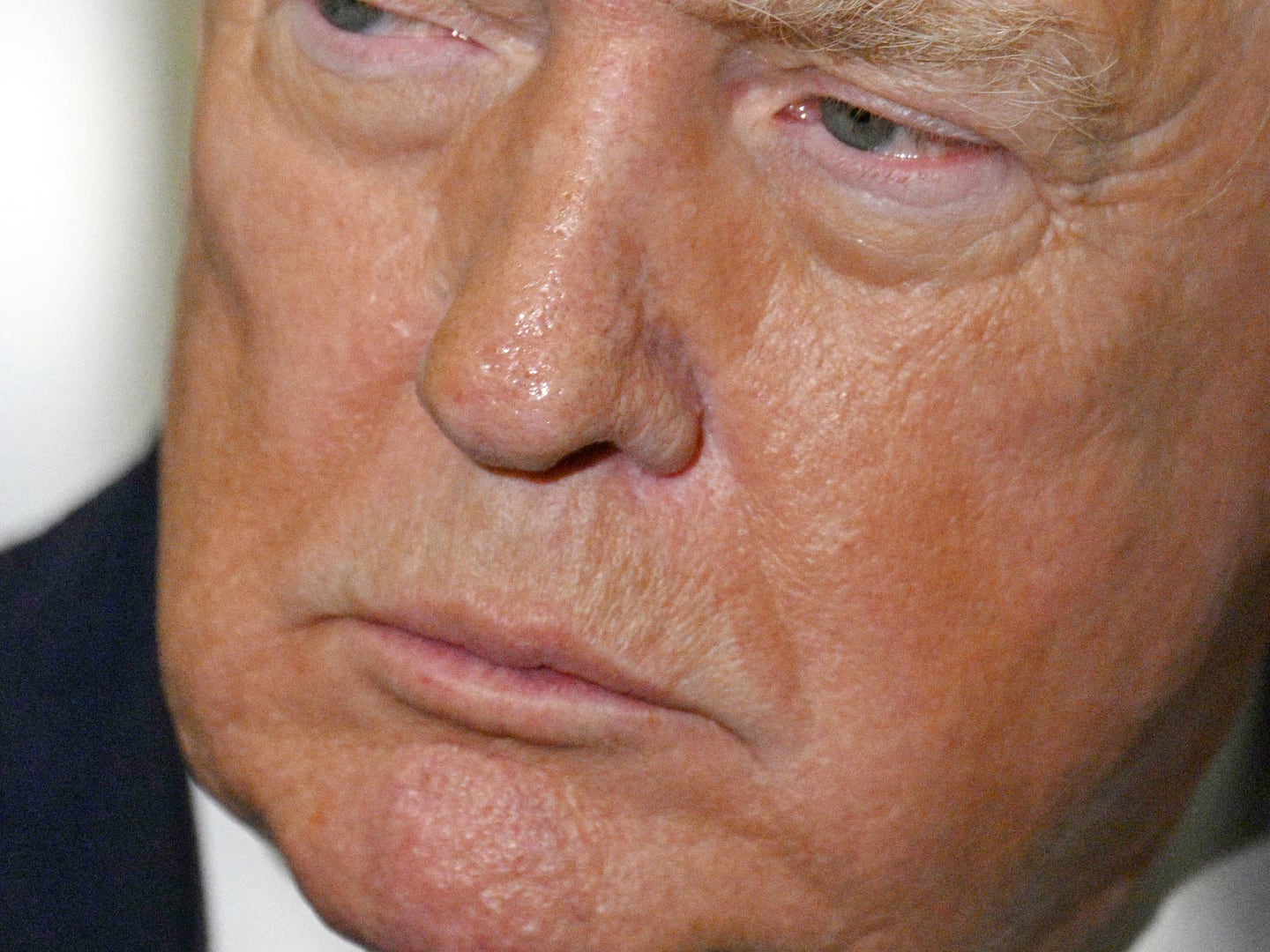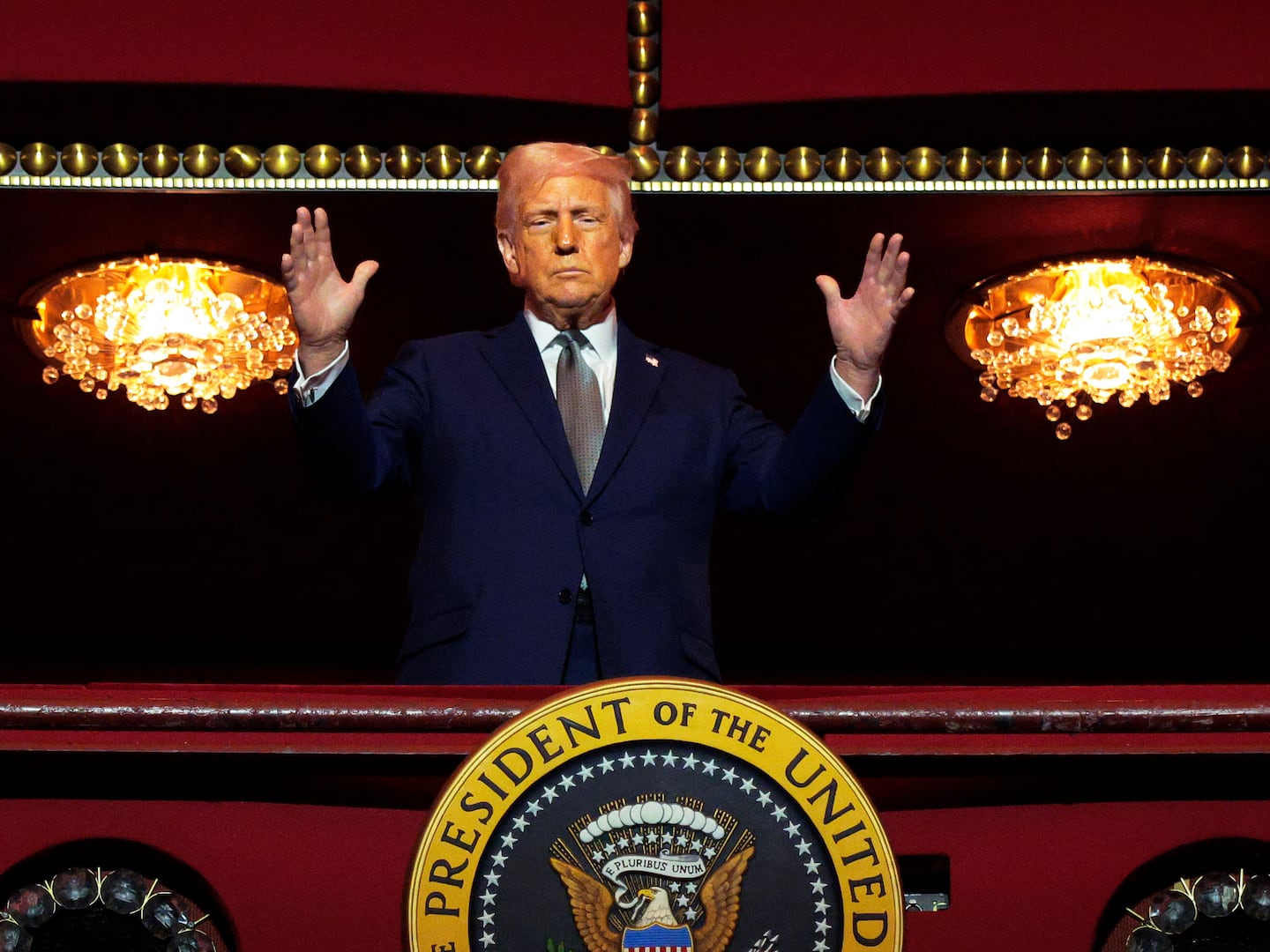I’ve lived and loved in Germany, count Berlin as one of my favorite cities, and—pending reactions to this article—may even move back there someday. But given its intense business and political ties to Russia and Iran, and Moscow’s decades-long cultivation of intelligence assets and collaborators from the first Cold War up through the current one, American intelligence agencies would be crazy not to conduct intensive espionage operations in Germany.

Ever since its postwar rebirth as the divided city at the geographic and intellectual heart of the Cold War, Berlin has been a nest of spies. The Glienecke bridge, connecting what was then Soviet-controlled territory to the American Sector in West Berlin, served as an exchange point for captured intelligence officers, earning it the nickname “Bridge of Spies.” Berlin is something of a default setting for Cold War spy novels, and for good reason: split between the Soviets and the Western powers, the city was ground zero for espionage.
When the Berlin Wall fell 25 years ago and the Soviet Union collapsed shortly thereafter, Germans hoped that the city could transform its reputation from that of a tense, Cold War crossroads to cosmopolitan oasis. To a magnificent extent, they succeeded, and Berlin is without question the most exciting city in Western Europe. But Germany, and Berlin in particular, never lost its attraction as a point of penetration for Russian agents—or, for that matter, American ones trying to keep an eye on them.
Over the past year, leaks from fugitive National Security Agency contractor Edward Snowden, which revealed that the agency had been snooping on Chancellor Angela Merkel’s cellphone, combined with rising tensions between Russia and the West over the fate of Ukraine, have once again thrust Berlin back onto the frontlines of global spy craft.
The latest news to rock German-American relations are allegations that the CIA paid a low-level employee of the German foreign intelligence service, the BND, to hand over files relating to the German parliament’s investigation into the material released by Snowden last year. As The Daily Beast’s Chris Dickey and Nadette de Visser report, the official was “More Austin Powers and Less James Bond,” perhaps even a “charity case,” and the information he handed over was not of particularly high value.
But that has done little to quell German anger, already inflamed by last fall’s revelations of NSA phone tapping.
“If the allegations are true, it would be a clear contradiction as to what I consider to be trusting cooperation between agencies and partners,” said Merkel, who has continuously sought to downplay fallout from the Snowden mess. As he had been ordered to do last fall when the news about Merkel’s phone hit the press, American Ambassador John Emerson was once again summoned to the Foreign Ministry for a dressing-down.
The country’s Justice Minister has raised the possibility of launching “criminal proceedings” against the United States, and a poll, conducted before the latest revelations, found 69 percent of Germans saying that their trust in the United States had deteriorated over the past year.
Last month, the German government canceled a contract with Verizon over allegations that it had provided call records to the NSA.
Given the righteous indignation, one would suspect that Germans were fuming about Russia, a country that had perpetrated the first annexation of territory on European soil since World War II. But their muted reaction to Russia’s outrageous behavior, combined with the hysterical response to American spying, neatly illustrates why the United States has felt a need to conduct espionage in Germany: Berlin has been a less than trustworthy ally.
Merkel, who grew up in the former communist East Germany and speaks Russian fluently, understands that Russian President Vladimir Putin is a dangerous thug and rightly spoke out against the Crimean annexation as a return to the “law of the jungle.” But in her clear-eyed understanding of the Russian threat, the Chancellor is an exception among the German political class. And despite her wariness of Putin, she is a conservative leader by temperament who governs by consensus and rarely does anything that is not already supported by most of her constituents. In a country where a majority of citizens sympathize with Putin and believe the West should “accept” his annexation of Crimea, this is a prescription for dithering.
German firms do a great deal of business in Russia and have been strong voices against sanctioning Moscow. Germany imports a third of its oil and gas from Russia, and Russia is its 11th-largest export market.
On the political side, Russia can count upon sympathizers spanning from the center-right business community to the post-communist left. Last year, in a highly publicized trip, Green Party politician (and former lawyer for members of the terrorist Red Army Faction) Hans Christian Stroebele visited Snowden in Moscow, something that could not have taken place without the express permission of Putin. Failing to convince the German government to grant Snowden asylum, Stroebele got the next best thing: a parliamentary investigation into American espionage. Russian espionage, judging by the attention devoted to it by the press and politicians, apparently does not exist in Germany.
In March, several parliamentarians from the German Left Party traveled at the behest of Moscow to Crimea alongside a batch of European right-wing extremists. There they observed Russia’s phony “referendum” authorizing the annexation of the Ukrainian peninsula. Weeks after leaving office in 2005, former Social Democratic Chancellor Gerhard Schroeder joined the board of a Russian government-owned energy venture to the tune of a quarter-million Euros a year. In April, as Russian-backed terrorists rampaged their way through eastern Ukraine, he celebrated his 70th birthday in St. Petersburg alongside a bevy of German businessmen and political leaders and received a bear hug from Putin himself.
German outrage at American spying would also be easier to swallow if it weren’t so hypocritical. According to former NSA intelligence and computer systems analyst Ira Winkler, the BND has penetrated the SWIFT financial messaging network, passing on the information to German businesses. In his book Spies Among Us, he writes of “the apparent willingness of German businesses to funnel sensitive information and technology to nations that are hostile to the United States,” including Iran.
Germany remains one of the Islamic Republic’s largest trading partners. American espionage in Germany—home of the Hamburg Cell, the circle of 9/11 hijackers who hung out in the port city, unmolested, for years—is aimed at protecting the national security of both America and its allies, Germany foremost among them. And while the BND cooperates extensively with America’s intelligence services, it also has worked toward giving a leg-up to German businesses, an unwritten no-no in the intelligence world.
Regrettably, rather than keep mum on the disclosures of NSA and CIA spying in Germany, American officials have been apologizing left and right while simultaneously declaiming all responsibility. Obama apparently told Merkel he was unaware of what his own spy services were doing, but had he known, he would have stopped them from monitoring her phone. Senior Obama adviser John Podesta told the magazine that “some of the disclosures as to who had been targeted were probably beyond the knowledge of anybody at a political level in government.”
Though she did deliver the Germans some tough love by telling them, via an interview with Der Spiegel, that “The United States could never enter into a No-Spy agreement with any country—not you, not Britain, not Canada,” likely presidential aspirant Hillary Clinton also said that it was “absolutely wrong” for the NSA to spy on Merkel.
The extent to which the NSA should be able to monitor, if at all, the telephonic metadata of American citizens is one thing, but there are no laws and no regulations when it comes to intelligence gathering overseas—even from allies.
The problem isn’t that the NSA was snooping in on Angela Merkel (who should not have been sharing any information, other than potato salad recipes, on an unsecure cellphone), but that this information was exposed, embarrassing all involved, not least of all Merkel herself.
Americans don’t need to apologize for conducting espionage in Germany. On the contrary, this week’s revelations should lead Germans to undergo a round of soul-searching and ask why Washington felt the need to do it in the first place.






